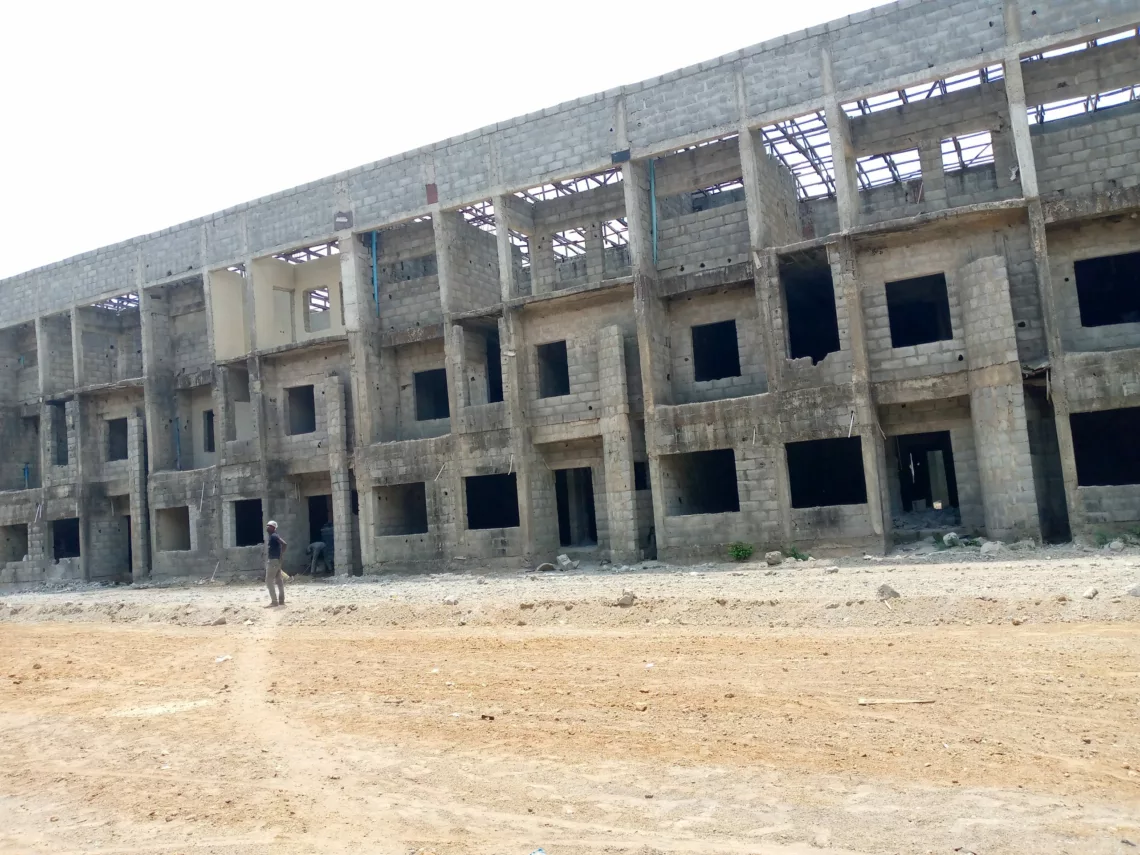Escalating cement prices and soaring costs of building materials have plunged estate developers into a crisis, forcing many to halt projects across Nigeria.
The relentless surge in exchange rates has compounded the situation, rendering existing contracts unsustainable for developers, particularly those with variation clauses.
Cement prices, for example, have skyrocketed to over N9,000 per bag in recent months, leaving developers grappling with unprecedented financial burdens.
Speaking anonymously to NATIONAL ECONOMY, one developer lamented the dire consequences of escalating building material costs, “I’ve had no choice but to abandon the project because the costs are just too high to bear.”
The economic fallout extends beyond unfinished projects, with new homeowners struggling to cope with additional expenses for finishing and furnishing their properties.
Mr. Wale, a distressed homeowner, revealed his decision to sell his newly- acquired property due to exorbitant furnishing costs.
In response to the economic turmoil, property sellers have resorted to pegging their prices to the fluctuating dollar rate, yet sales remain sluggish amid scarce buyers.
The deteriorating investment climate has disillusioned diaspora Nigerians, with many opting to redirect their investments to more stable economies like Dubai.
Mike Uzoma, a Nigerian residing abroad, cited diminishing returns as a key factor driving his decision to sell assets in Nigeria.
The ramifications of economic instability extend to estate developments’ quality of life, with prolonged power outages becoming a common plight. MIGB Gardens, an estate in Lekki, faces challenges maintaining a steady power supply due to surging diesel prices, leaving residents in total darkness.
Moreover, rising poverty and insecurity exacerbate residents’ concerns, prompting tensions over increased estate dues and service charges.
Looking ahead, the outlook remains challenging for Nigerians as the cost of goods and services continues to escalate. The quality and standards of building materials are also at risk as developers seek alternative solutions to deliver projects amid economic constraints.





